Donald Trump has declared war on the cartels. The southern border is now patrolled by the military, the wall is rapidly expanding and US intelligence is helping to target crime bosses on Mexican soil. Illegal crossings and drug seizures at key points have dropped by more than 70 percent in the last year.
But, contrary to appearances, the cartels have not surrendered – instead, they have pivoted, applying Sun Tzu’s principle: attack your enemy’s weaknesses, not his strengths.
Led by the blood-soaked and ultra violent Sinaloa and Jalisco New Generation Cartel they are exploiting the soft 5,525-mile long northern border with Canada and its sparse surveillance, dense forests, inadequately staffed crossings and neglected checkpoints.
Canadian authorities have experienced a 275 percent increase in drug seizures and lab dismantlements in the first three months of 2025 alone. While the US has seen a 340 percent spike in drug seizures.
Recent arrests and prosecutions show the sheer scale of the problem.
The New Generation Cartel is accused of being behind the largest discovery of cocaine ever in Toronto’s history. Prosecutors believe that Jorge Luis Mundo García – a high ranking member of the cartel – entered Canada on a tourist visa specifically to oversee the delivery and distribution of the $83 million shipment that was found earlier this year.
And former Canadian Olympian Ryan Wedding is alleged to be working with the Sinaloa Cartel. Wedding, who is on the run, was indicted in 2024 for managing a major cocaine trafficking operation affiliated with the cartel. He is listed as one of the FBI’s most-wanted fugitives and faces charges related to three murders, a cocaine trafficking conspiracy and for “leading a continuing criminal enterprise.”
Cartels are now operating across Canada, according to the head of the Royal Canadian Mounted Police. RCMP Commissioner Michael Duheme has disclosed that there is “strong intelligence” that Canadians have relocated to Mexico and South America to move “certain commodities” into the country.
But Canada only designated Sinaloa and New Generation – as well as five other cartels – as terrorist entities after Donald Trump imposed a 25 percent tariff on goods, citing the flow of narcotics and people over the border.
And, in reality, Canada’s response to Trump’s demand to clampdown on the cartels has largely been symbolic, involving only minimal increases in border patrols without substantial investment in security infrastructure or coordinated enforcement actions.
FBI Director Kash Patel delivered a stern warning to new Prime Minister Mark Carney last week.
“In the first two, three months that we’ve been in the seat under Donald Trump’s administration, he has sealed the border. Where is the fentanyl coming from still? Where is all the trafficking coming from? The northern border,” he told Fox News’s Maria Bartiromo.
“Now we’re focused on it. But you know who gets to step in? Canada. because they’re making it up there and shipping it down here.
“I don’t care about getting into this debate of making someone the 51st state or not. They are our partner in the north, and say what you want about Mexico, but they helped us seal the Southern Border. The facts speak to themselves: over 300 known or suspected terrorists crossed into this country last year illegally, 85 percent of them came in through the northern border. This year, 100 known or suspected terrorists have crossed into this country illegally, 64 or so from the north.”
However, criminologist Yvon Dandurand, professor emeritus at the University of the Fraser Valley, said only targeting the border means that “all you catch are mules and rather meaningless actors, as opposed to the people who are behind it and profit from it.”
“The real issue is not so much at the border. It is the organized crime groups without any real controls. It’s about the production of [drugs]. It’s about the broader issue of organized crime.”
Human smuggling across the border has exploded – up 210 percent this year. While violent crime rates have also increased by 17 percent in border cities like Detroit, Buffalo and Blaine, driven by cartel-linked activities. Northern US states now spend an additional $1.5 billion annually educating migrant children, while healthcare systems face $400 million in uncompensated medical costs related to illegal immigration.
The cartels plow the money they make from these criminal enterprises back into sophisticated technology to stay one step ahead of the law. Drone incursions over America have doubled this year and gang members use encrypted communications and tunnels to stay move people and product undetected.
Mark Carney’s minimal response to Trump’s tariffs highlights his detachment from this escalating crisis – one that his economic platitudes and climate promises cannot resolve. To date, he has made no public statement about tackling the cartels.
Canadians and Americans urgently need immediate, concrete action – robust border security, specialized anti-cartel units and heightened intelligence cooperation with the US. If Carney remains passive, this crisis could overshadow all his ambitions, branding him as a leader who failed in his fundamental duty: protecting his citizens.



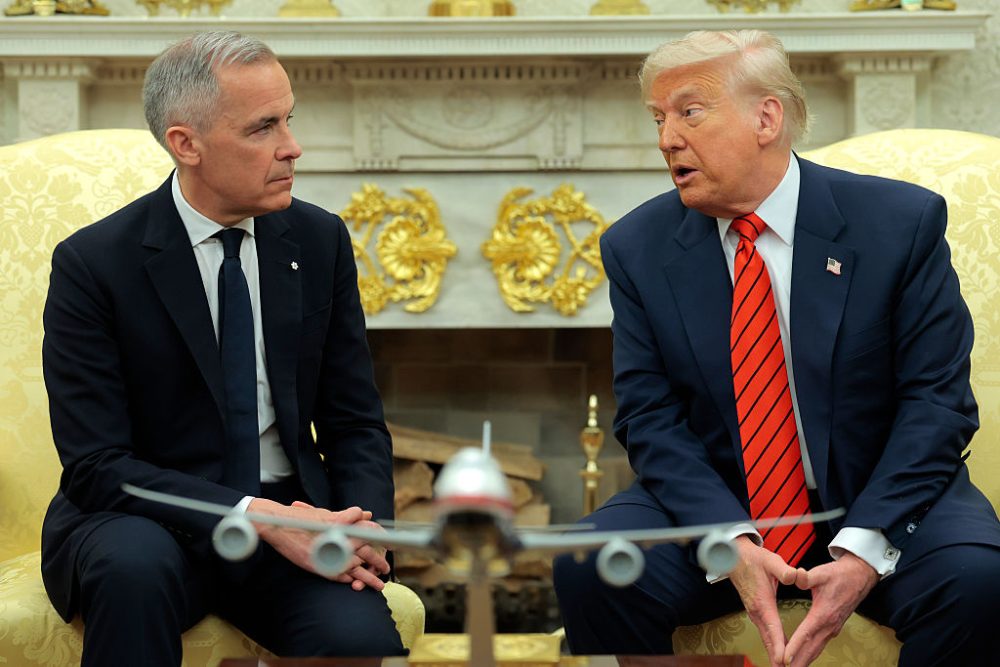






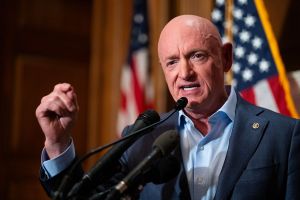

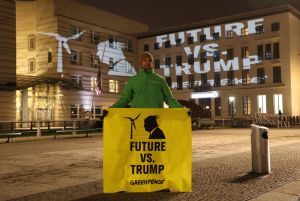



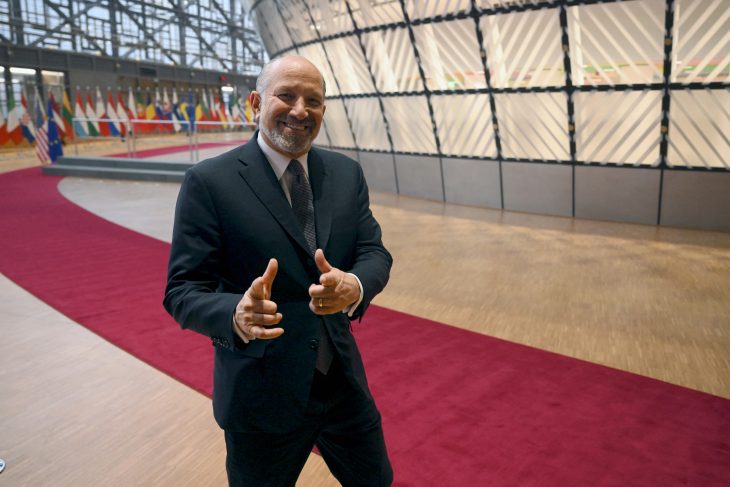
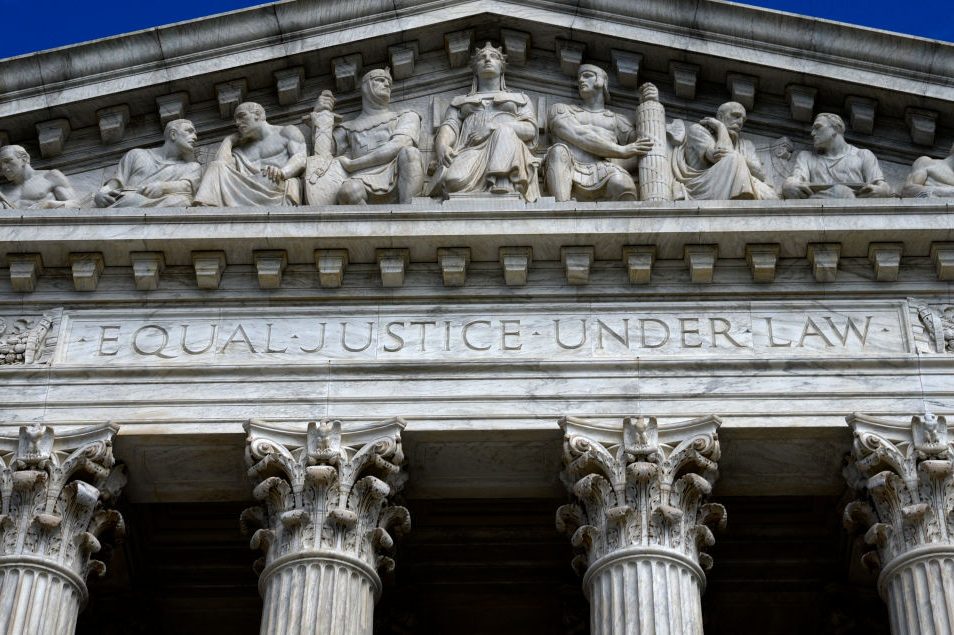








Leave a Reply